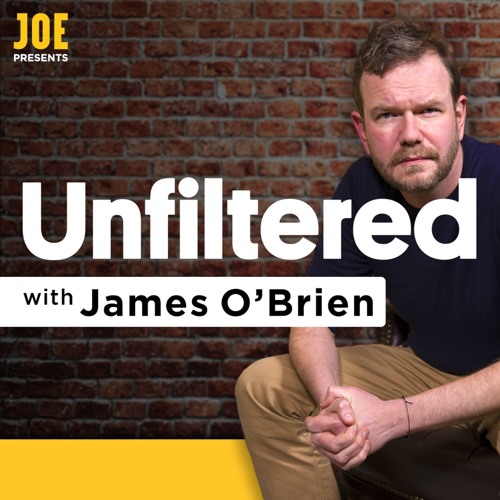

His apparent take on the significance of Cuba and China are worth challenging. However, his book can also be seen as debatable in places. Most definitely, Akala’s love of Shakespeare shines through. His travels across the globe reveal real insight into the lives of people in a diverse world and his knowledge of historical events is genuinely enlightening.

I certainly agreed with his appraisal of Scandinavian social democracy in the context of education.

Akala certainly uses humour well to make some excellent points. ‘Whiteness’ and ‘blackness’ were ideas invented to divide people up. The concept of race was “crude”, yet sought to unify different people with little in common. The book, Natives, highlights that much of modern racism was originated and fuelled by pseudo-scientific thinking, eagerly seized on by those in power to justify cruelty and oppression.

Indeed, the slave revolts were often inspiring examples of resistance Akala is particularly good on events in resistance in Haiti. The personal and institutional abuse suffered by black people in the UK and in the Empire was indeed vicious and racialised ‘thinking’ supported such crimes. I do not think any decent person could not be moved by his experiences of racism. His portrayal of some white teachers and their behaviour is genuinely shocking. I found his reflections on the black experience of education fascinating. This is where Akala’s book is strongest and most nuanced. Yet, he remains aware of ethnic minority success too and progress made. Racial oppression of certain groups certainly has had an economic and material basis as Akala points out.Īkala provides evidence that the appraisal of black pupils in the school system has been flawed and backs this up with statistics. The book is strongest when it stresses the socially constructed nature of ‘race’ and how different human populations have had a different racial narrative constructed around each of them to serve the powerful. However, not all the observations in his book are arguably right I have doubts about some of his positions. The linking of class with race is a particularly worthwhile position. In that way, Akala’s book largely succeeds in its aim. His accounts of organised white supremacy, such as the South African apartheid, show racism at its most vicious. Drawing on his past experiences of others treating him appallingly, including racist teachers, Akala offers an often harrowing account of injustices inflicted on black people in the UK as well as the British Empire. Akala’s aim in the book is clear: “to examine how these seemingly impersonal forces – race and class – have impacted and continue to shape our lives”.


 0 kommentar(er)
0 kommentar(er)
